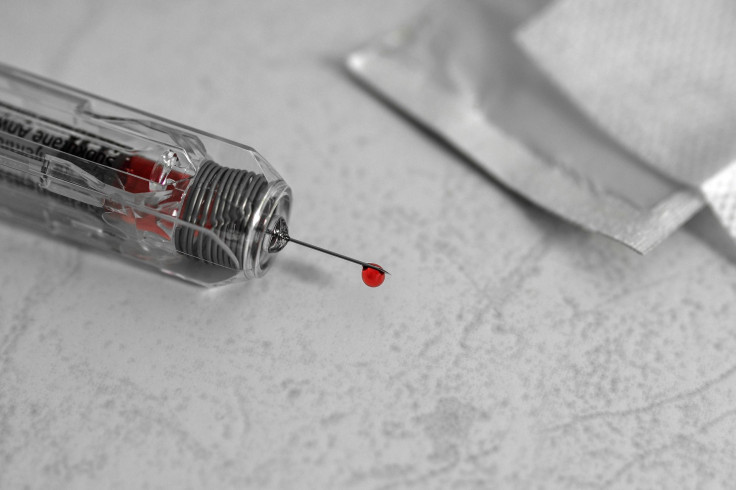Scientists Identify Root Cause Behind Heart Damage Caused By Cancer Medication
Scientists have found innumerable breakthroughs in cancer treatments over the years, but the progress is marred by one shortfall--the medications oftentimes cause cardiotoxicity, a serious side effect that greatly impacts the patient's quality of life.
Cardiotoxicity refers to heart damage due to the side effects of cancer drugs. This damage can sometimes last long and even arise long after the treatment has ended.
However, there is some good news on the horizon. Scientists have identified proteins in the blood that are linked to a high risk of developing heart diseases, which are affected by the drugs used to treat cancer.
By understanding the mechanisms of the notorious proteins, scientists hope they can develop new treatments or modify existing ones to reduce the risk of cardiac toxicity and strive for better treatments and outcomes for those affected by cancer.
The findings of the study, conducted by University College London experts, were published in Science Advances.
Not only the drugs, but treatments such as chemotherapy and radiation therapy to the chest are also known to bring about a higher risk of cardiotoxicity, according to Cleveland Clinic.
Researchers performed a genome-wide association study on the DNA of nearly 37,000 individuals without heart disease to identify genetic variants linked to changes in the structure and function of the heart's ventricles. Through a technique called Mendelian randomization, they identified 33 proteins that were found to have links with developing several heart diseases, atrial fibrillation, and other conditions.
The results highlighted that these drugs may have the potential to affect heart health in cancer patients.
The team is optimistic that their recent discoveries will open up new possibilities for cancer treatments and alter the damaging effects on the heart.
"The proteins identified in our study will help to accelerate future drug development, offering scientists a blueprint for new treatments for both cancer and heart diseases. This can help them to be more confident of the effects of the drugs that they design - whether that's shrinking tumors without causing damage elsewhere or improving the heart's pumping action," the study lead author Dr Floriaan Schmidt said, according to Hindustan Times.




























